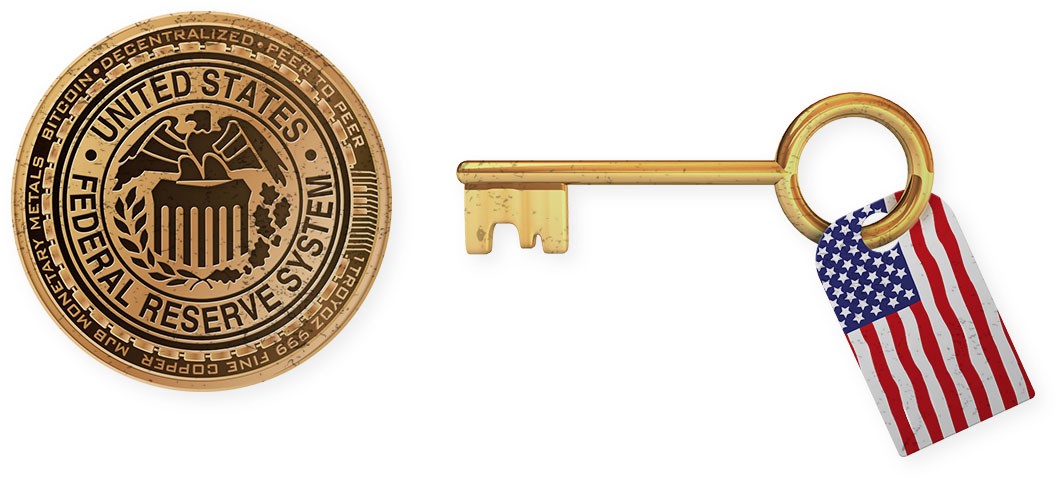PALO ALTO, Calif. (Reuters) - The Federal Reserve is taking a look at a broad series of problems around digital payments and currencies, including policy, design and legal factors to consider around possibly issuing its own digital currency, Guv Lael Brainard said on Wednesday. Brainard's remarks recommend more openness to the possibility of a Fed-issued digital coin than in the past." By changing payments, digitalization has the potential to provide greater value and convenience at lower expense," Brainard said at a conference on payments at the Stanford Graduate School of Company.
Central banks internationally are disputing how to manage digital finance innovation and the distributed ledger systems utilized by bitcoin, which guarantees near-instantaneous payment at potentially low cost. The Fed is establishing its own day-and-night real-time payments and settlement service and is presently evaluating 200 comment letters submitted late last year about the proposed service's style and scope, Brainard said.
Less than 2 years ago Brainard informed a conference in San Francisco that there is "no engaging showed need" for such a coin. However that was before the scope of Facebook's digital currency aspirations were widely known. Fed authorities, including Brainard, have actually raised issues about customer securities and information and personal privacy hazards that could be positioned by a currency that might enter use by the third of the world's population that have Facebook accounts.
" We are working together with other reserve banks as we advance our understanding of reserve bank digital currencies," she said. With more countries checking out issuing their own digital currencies, Brainard said, that adds to "a set of reasons to likewise be making sure that we are that frontier of both research study and policy development." In the United States, Brainard stated, issues that need research study include whether a digital currency would make the payments system more secure or easier, and whether it might pose financial stability dangers, consisting of the possibility of bank runs if cash can be turned "with a single swipe" into the main bank's digital currency.
To counter the financial damage from America's unmatched national lockdown, the Federal Reserve has actually taken unmatched actions, including flooding the economy with dollars and investing straight in the economy. The majority of these moves received grudging approval even from many Fed doubters, as they saw this stimulus as required and something just the Fed could do.
My new CEI report, "Government-Run Payment Systems Are Unsafe at Any Speed: The Case Against Fedcoin and FedNow," details the risks of the Fed's current prepare for its FedNow real-time payment system, and proposals for central bank-issued cryptocurrency that have been called Fedcoin or the "digital dollar." In my report, I discuss issues about personal privacy, information security, currency adjustment, and crowding out private-sector competitors and innovation.
Advocates of FedNow and Fedcoin say the government must create a system for payments to deposit immediately, rather than motivate such systems in the private sector by raising regulative barriers. But as kept in mind in the paper, the private sector is offering an apparently unlimited supply of payment technologies and digital currencies to solve the problemto the level it is a problemof the time space in between when a payment is sent and when it is gotten in a checking account.

And the examples of private-sector innovation in this location are lots of. The Cleaning Home, a bank-held cooperative that has actually been routing interbank payments in different forms for more than 150 years, has been clearing real-time payments given that 2017. By the end of 2018 it was covering 50 percent of the deposit base in the U.S.